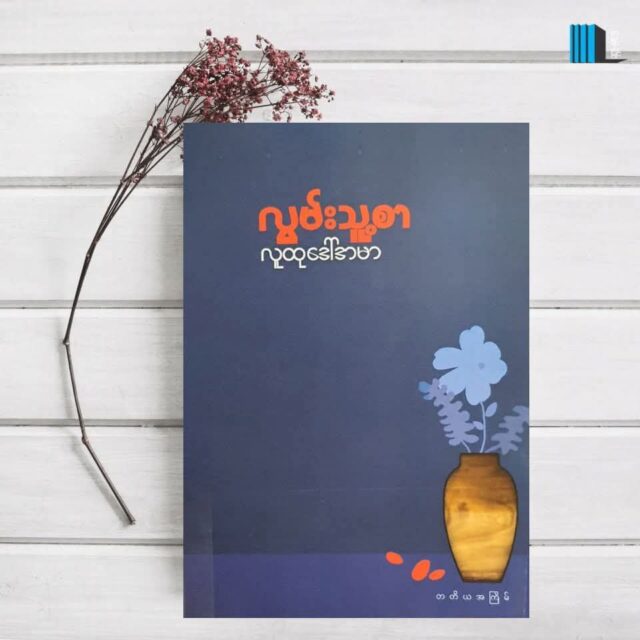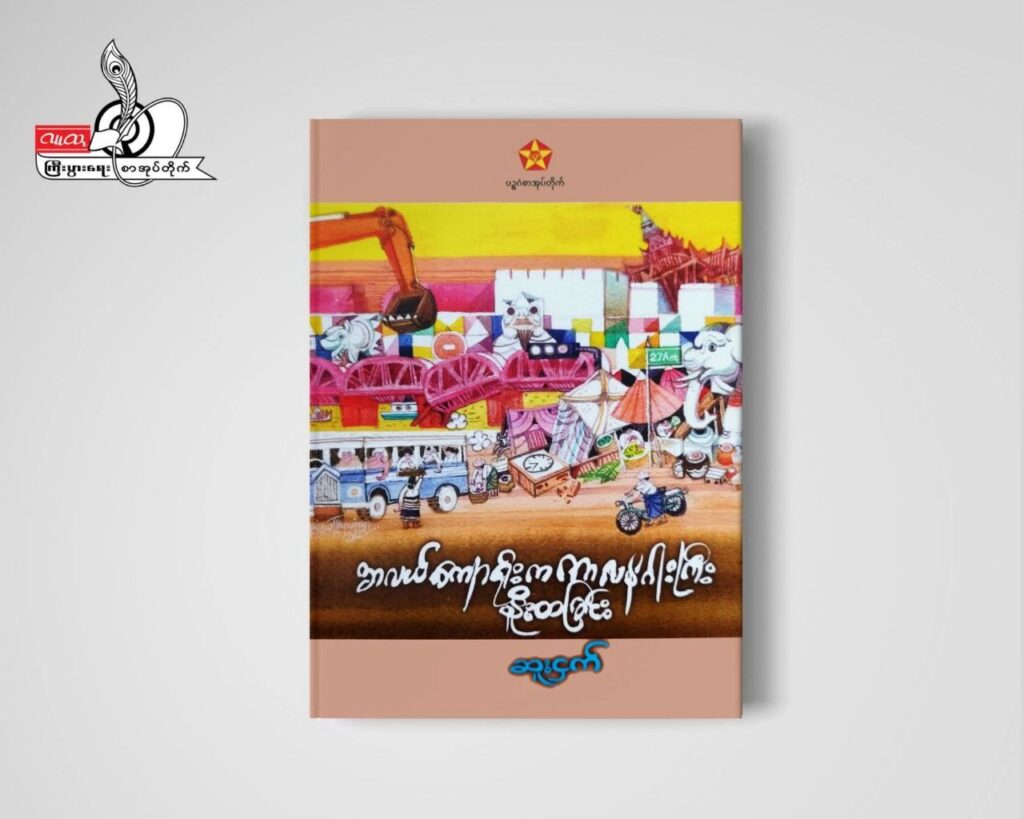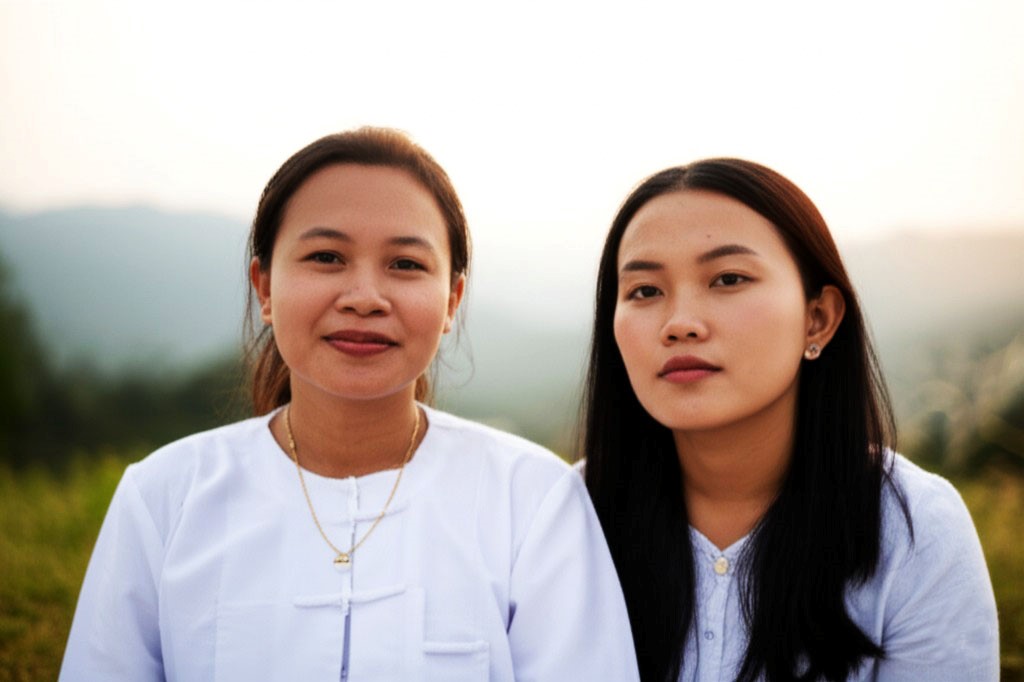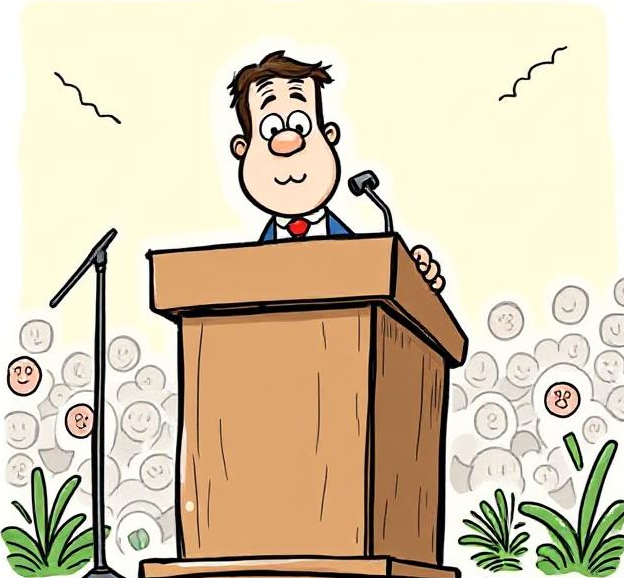Literary Talking Ceremony and I
Posted_Date
Image
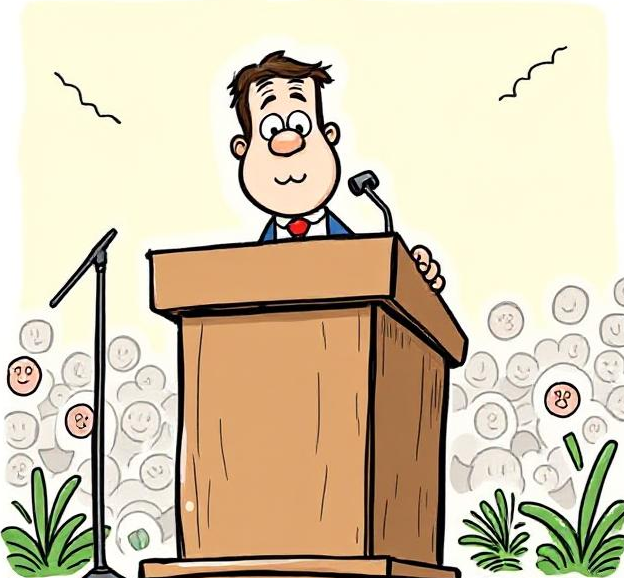
Body
Honest to say, I had always been unfamiliar with the term `literary talking ceremony´ in my childhood. But unexpectedly, when I heard this term from my elder brother one day, I strangely felt my heart pounding with curiosity, for the simple reason that I enjoy reading. Books are written by authors, yet who in the world will give literary talks? At that time, I did not honestly know that most writers tend to deliver literary talks to literature-lovers. And how on earth is `literary talking ceremony’? I want to mean that I would like to know whether musical instruments are included in the ceremony. Then, I had a chance of seeing a literary talking ceremony on the DVD player thanks to my elder brother.
As far as I can remember, the first literary talking ceremony I have ever seen on TV was `Commemorative Ceremony of 100-year Ketumadi (Taunggoo)´. Many famous Myanmar writers came to the ceremony and gave literary talks. From that ceremony, I started to get what a literary talking ceremony is as well as began to know several famous Myanmar writers, especially Jack (Khungyangon), Chit Oo Nyo, Nay Win Myint, Ledwinthar Saw Chit and A Kyi Taw, if memory serves me correctly. Most of all, writers turned orators like to talk about literature and many others freely at random in a literary talking ceremony for one or two hours, one after another. Not all writers are excellent orators, especially female writers. Few female writers in Myanmar excel at literary talks. I have seen that only Saya U Thukha gave literary talks with the background help of the Myanmar orchestra `Hsaing´. In the main, orators are given to trying to draw the audience’s attention with great literary talks.
Of course, there are no two ceremonies all over the world except for Myanmar. They are nothing but `paying homage ceremony ´ and literary talking ceremony´. As a late literatus once stated, literary talking ceremonies commenced to take place in Yangon, Myanmar, by the year 1944 during the reign of Dr Ba Maw in the Japanese Colonial Era. On the other hand, Saya Chit Oo Nyo said that the first step towards holding literary talking ceremonies was declaring Laureates’ Day in Myanmar (Sarsodaw Nay) on the first day of Natdaw month in the Myanmar calendar, which often coincides with November in the Gregorian calendar. Paying homage ceremonies to Maha Pane-ne Nat, a kind of Hindu deity, were largely celebrated in Natdaw in Myanmar many moons ago. But later, firm believers of Myanmar in these dieties drove out the ceremonies and then literary talking ceremonies have become popular among young and old to this day. Besides, literary talking ceremonies are held here and there around the country in all weathers.
Among the Myanmar writer orators, I love the above-mentioned five authors most. Firstly, a late literatus once was a university teacher of the Myanmar language, and he could explain what he wanted to say with a great many varieties of examples. Most apparently, while delivering literary talks, he was able to use gestures appropriate to what he meant so as to make his audience understand and follow him better. I began to know him with the pseudonym of Jack (Khungyangone) from the commemoration ceremony of Taunggoo shown above. But sad to say, I have never read his satire or his works of writing. Secondly, Saya Chit Oo Nyo is an expert at reciting classical Myanmar poems, particularly `Lay-cho´, a type of Myanmar poem in rhyme and rhythm, composed by Thakin Kodaw Mie. That may simply be why he is an artiste turned writer, I believe. Next, Saya Nay Win Myint has a good command of singing classical Myanmar songs in that he has got a beautiful singing voice and learnt how to sing those songs systematically from great teachers before, as far as I know. Fourthly, Saya Ledwintha Saw Chit has a good sense of humour and, more surprisingly, he can tell humours in such a gentle voice that he does not laugh at his own jokes at all. Finally, it was Saya A Kyi Taw who thought it best to humour his incoherent life rather than get into an argument, smiling as a humorist.
After all, most writers are included in literary talking ceremonies, but some are celebrities and public speakers. Rarely are persons who are both great writers and nice orators seen in the world of Myanmar literature, for instance, Nay Win Myint. Strangely enough, some writers expertly perform literary talking but are not very good at composition, while some authors, female writers in particular, excel at works of literature but have little command of public conversation. And literary talks are not only informal speaking but also a type of informal education in which people are educated freely without costing a lot. Sometimes one word of literary talk looks like reading the whole book, that is, a host of knowledge and wisdom can be acquired from literary talks in a while. I am strongly of the opinion that literary talking ceremonies will become the national culture of our country, Myanmar some day.
GNLM


